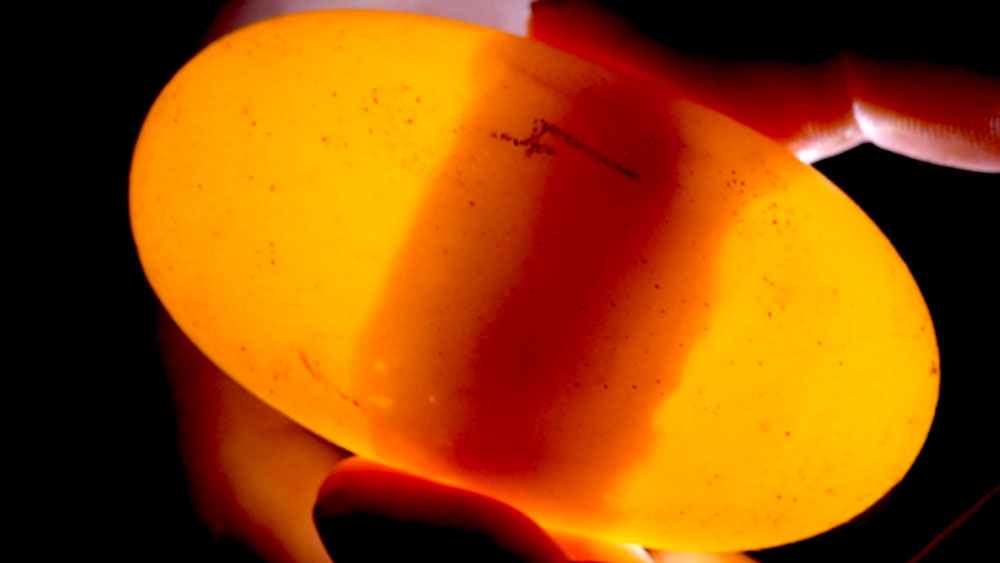Researchers discover a crocodile “virgin birth”

An American Crocodile (Crocodylus acutus) egg, created without fertilization by a male crocodile, shows the banding pattern indicative of potential viability. Quetzal Dwyer
A recent discovery found that a female crocodile living in isolation in a Costa Rican zoo laid some eggs, one of which turned out to contain a stillborn baby crocodile. This phenomenon, which some have compared to Christianity's "immaculate conception," is called parthenogenesis, and it actually has been found to occur among some fish, birds, snakes, lizards, and now crocodiles.
To talk about this discovery, we were joined by one of the scientists who helped study the fertile crocodile egg.
GUEST:
Mark Davis
Conservation Biologist, Illinois Natural History Survey at the Prairie Research Institute
Prepared for web by Owen Henderson
Help shape our coverage on The 21st by joining our texting group and answering weekly questions. To join, text “TALK” to 217-803-0730 or sign up with your phone number below:

